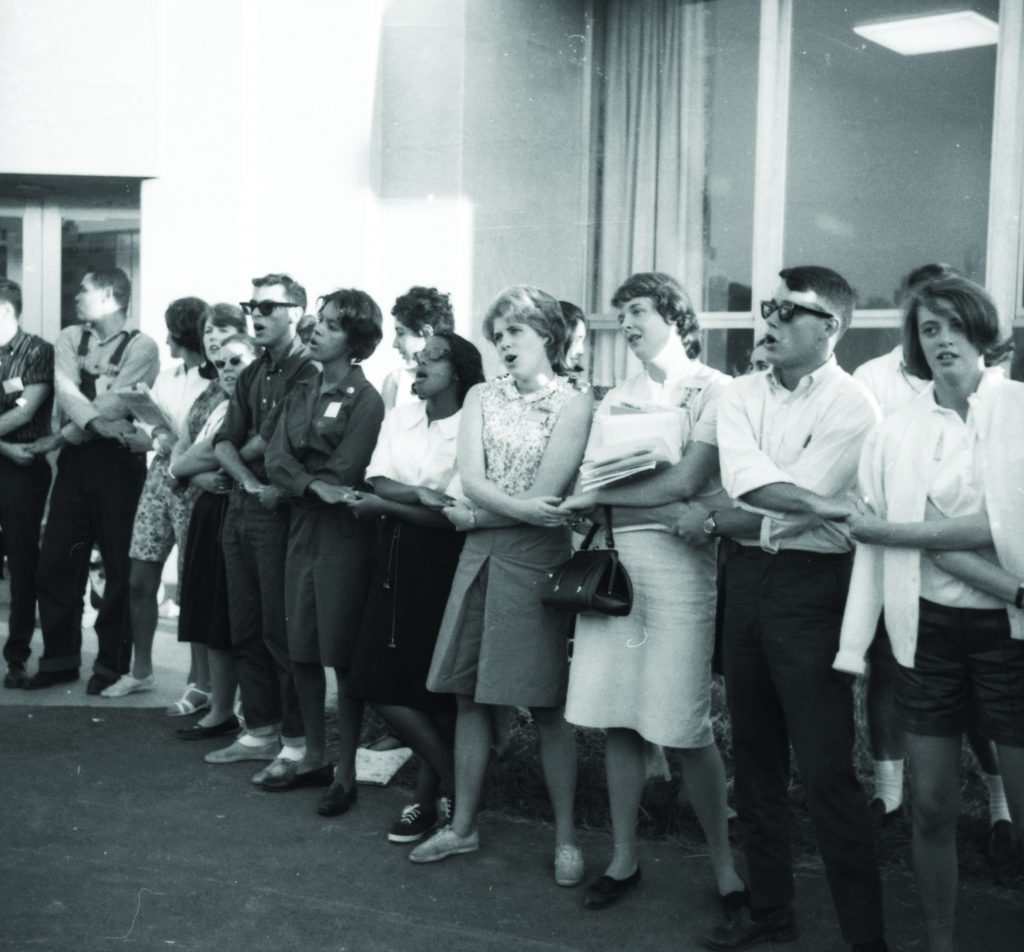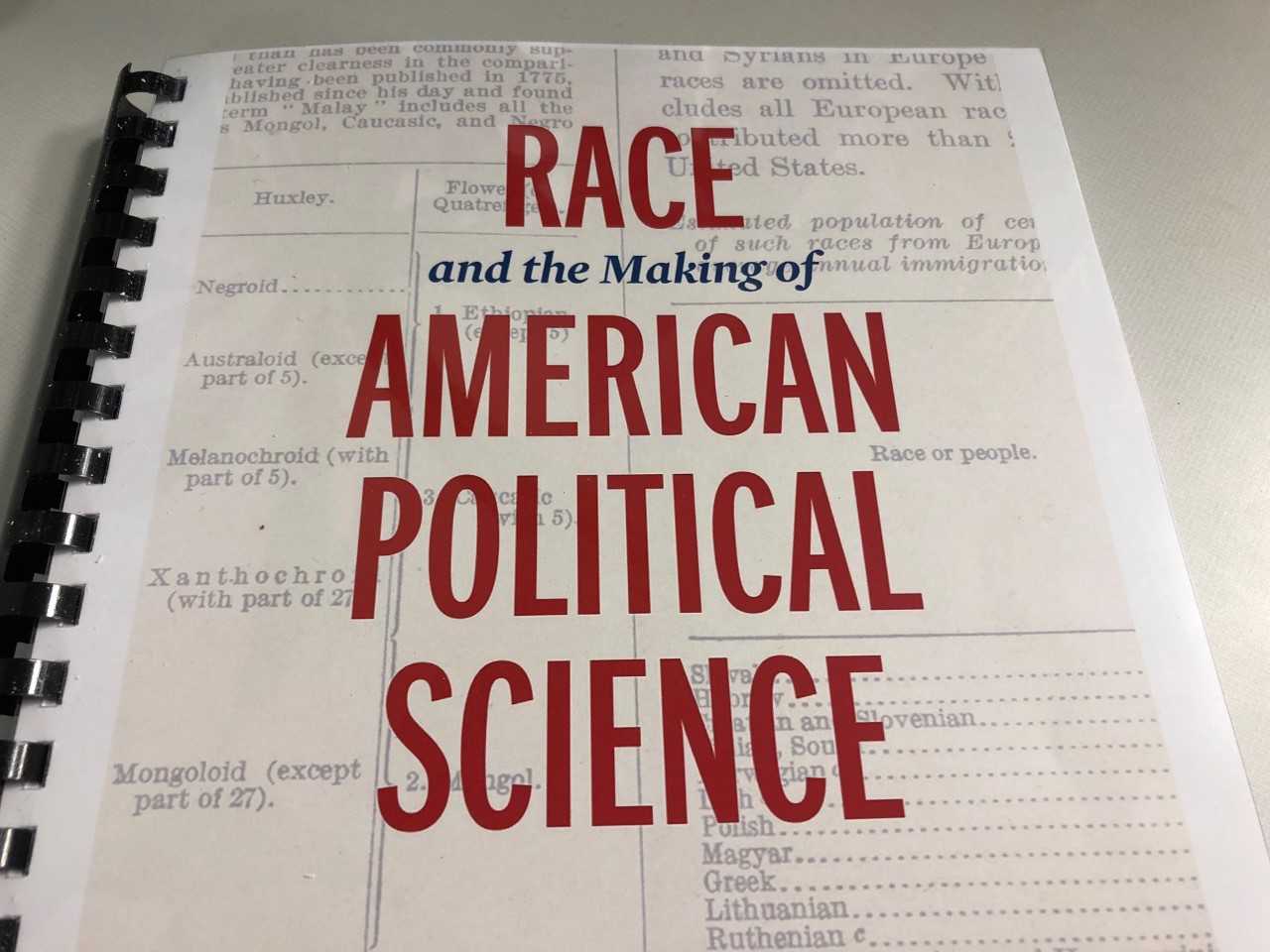How Fundamental Is Race to Our Understanding of Ourselves and Our Politics?
“Historically, why did we get so excited about difference, and what did we use it for?”


Wednesday is the 50th anniversary of Dr. Martin Luther King, Jr.’s assassination. Ahead of that anniversary, Detroit Today explores the concept of race, where it comes from, what it has done to us as Americans — black and white — and how we might think of this concept going forward, in a way that brings us closer to the justice that King was talking about in 1968.
Jessica Blatt is an associate professor of political science at Marymount Manhattan College and author of the book, “Race and the Making of American Political Science,” which explores the impact of race on the founding of American political theory.
Blatt joins Detroit Today with Stephen Henderson to discuss these issues and her book. She says the first graduate department of political science in America was founded by a man named John W. Burgess, who believed that American liberty was a product of “a Teutonic germ of liberty” carried to America by Anglo Saxons, and that all of those freedoms were meant for white Americans of European descent and no one else.
“It was really a theory of how freedom should be, in fact, limited to whites,” says Blatt. “It justified ethnic cleansing, it justified Jim Crow, to an extent it justified slavery, and this was the founding principle.”
Henderson also speaks with Mindy Fullilove, a professor of urban policy and health at The New School in New York, about the perception that race is a biological phenomenon, as opposed to a cultural construct.
Fullilove is a board-certified psychiatrist who explores the ties between environment and mental health.
“Historically, why did we get so excited about difference, and what did we use it for?” says Fullilove. “We know that the use of difference, racial different, certainly in the United States, grew up around justifying chattel slavery.”
Click on the audio player above to hear the full conversation.
